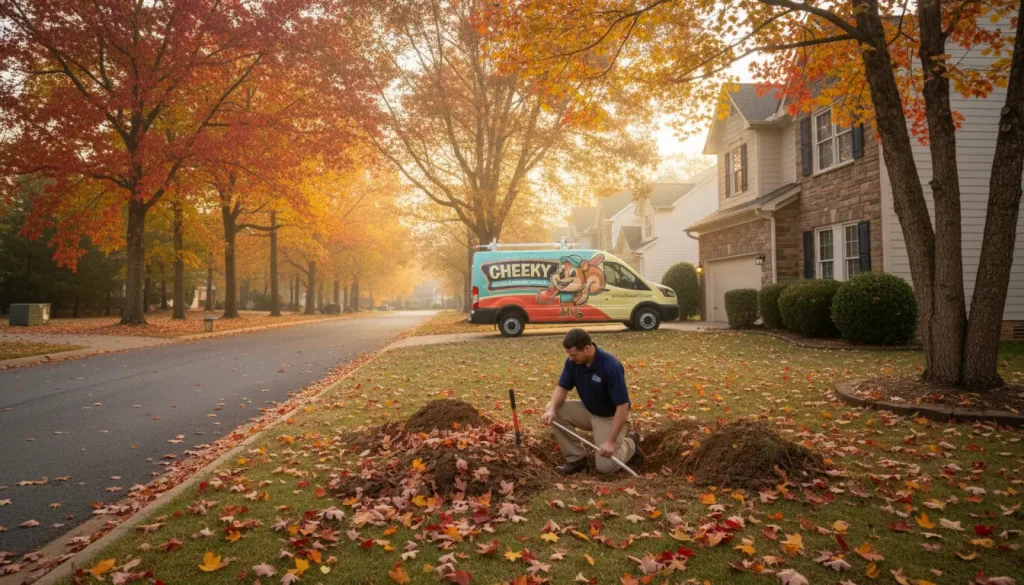Atlanta has long been known as “The City of Trees,” and just north of it, Cumming proudly continues that tradition. With its rolling hills and leafy neighborhoods, our town is filled with beautiful canopies that make everyday life feel a little more peaceful—and a little cooler in the summer.
But while the trees in Cumming add charm and shade, their roots can sometimes cause headaches for homeowners. When tree roots grow too close to underground pipes, they can intrude on water or sewer lines, leading to leaks, blockages, or even soil shifting around your home. Balancing the benefits of our trees with smart planting and maintenance is key to keeping both your yard and your plumbing in Cumming healthy.

A Legacy of Green
Drive through Cumming on a summer afternoon, and you’ll see what makes this area so special. Towering oaks line quiet streets, sweetgums fill the parks with fall color, and dogwoods bloom in spring like delicate white fireworks. Our town’s connection to the land—and to the trees that define it—runs deep. These trees don’t just make Cumming beautiful; they also make it livable, providing essential shade that keeps homes cooler and energy costs down during Georgia’s warmest months.
The Best Native Shade Trees for Cumming
When choosing trees for your yard, it’s smart to go native. Native trees are naturally adapted to local soils, rainfall, and temperature changes, meaning they require less maintenance and are less likely to cause root-related plumbing or sewer issues. Some of the best shade trees for Cumming include:
- Southern Red Oak: This classic Georgia tree grows quickly, offering wide, arching branches that create generous shade. Its deep root system makes it less likely to interfere with underground pipes.
- American Beech: Known for its smooth bark and golden fall leaves, the beech tree provides consistent shade and thrives in the well-drained soils common in Forsyth County.
- Tulip Poplar: One of the tallest native trees, tulip poplars grow straight and strong, with roots that tend to stay below the surface—perfect for avoiding plumbing complications.
- Sugar Maple: Aside from its brilliant color, this tree cools your home naturally and doesn’t have the aggressive root systems that can lead to pipe damage.
When Roots Cause Real Problems
Of course, even the best-planned landscapes can face challenges. In our area, water line leaks are a frequent concern. They can be caused by soil shifting, erosion, or even root intrusion from older or poorly placed trees. Warning signs include reduced indoor water pressure, unexplained wet spots in your yard, or pooling water near your foundation. Left untreated, these leaks can waste thousands of gallons of water and damage your property’s foundation or plumbing system.
Protecting Your Home—and Your Trees
The good news? With a little care and attention, you can enjoy your trees without worrying about your plumbing. Plant new trees at least 10–15 feet away from water or sewer lines, and choose species with less aggressive roots. Regular plumbing inspections can also help catch small issues before they become major repairs.
Cumming’s trees make our town one of the most beautiful parts of the Atlanta area—let’s keep it that way by balancing nature’s beauty with a little home maintenance know-how.



